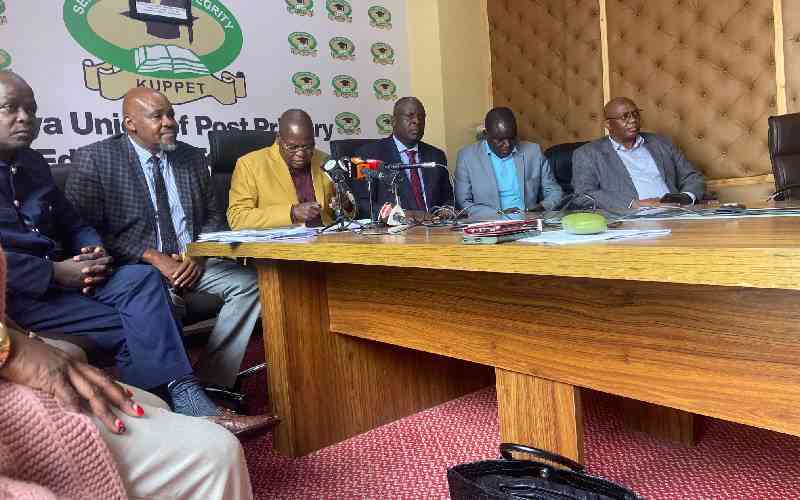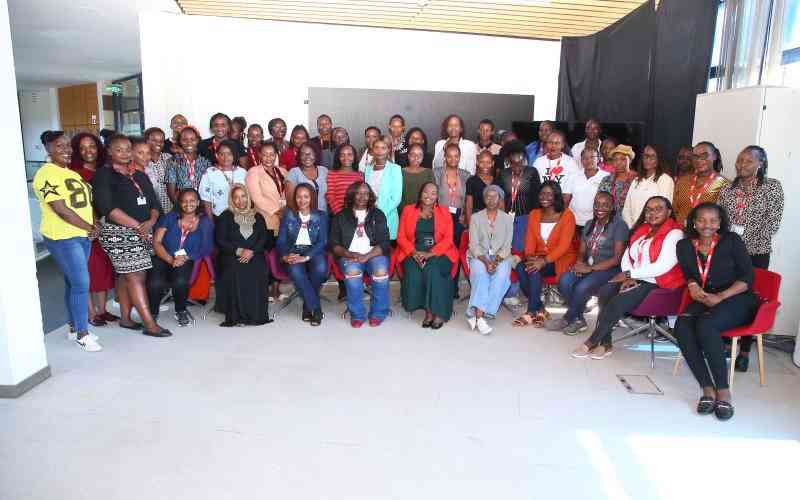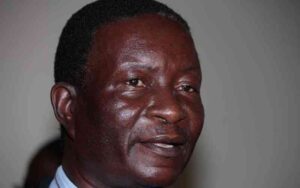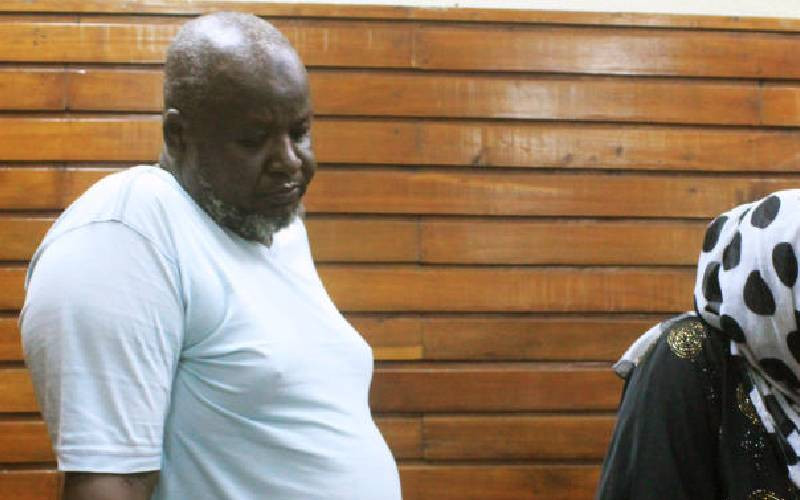Teachers have protested a government move to strike off some regions previously listed as hardship areas.
This means that workers in these regions will not qualify for hardship allowance.
Prime Cabinet Secretary Musalia Mudavadi announced plans to degazette 44 hardship zones as part of a strategy to cut Sh6 billion from the Sh25 billion annual budget for hardship allowances.
On Wednesday, the Kenya Union of Post-Primary Teachers (Kuppet) Secretary General Akelo Misori termed the plan premature and unlawful, saying thousands of teachers will lose their hardship allowance.
The Standard has established that the plan will affect teachers and other public servants in Kieni in Nyeri County, Makuyu in Murang’a, Wote in Makueni, and Budalang’i and Nyakach.
The union warned that it would take legal action on the government should the proposal sail through.
The new policy, the government claims, is based on a report by an Inter-Agency Technical Committee under the Ministry of Public Service.
However, Kuppet faulted the process, noting that the report has neither been gazetted nor made public, thereby disqualifying it as a legitimate basis for altering such a significant policy.
The union wants the Ministry of Public Service to subject the hardship allowance review process to public participation.
“The categorisation of hardship areas is clearly spelled out in law and must be based on empirical evidence from the Kenya National Bureau of Statistics,” said Misori, pointing to benchmarks like access to basic services, security, climate, and poverty levels.
Kuppet chairman Omboko Milemba, warned that living conditions have worsened in many regions due to insecurity and marginalisation and instead of reducing, the number of hardship areas should be increased.
He highlighted areas such as Chepalungu, Chonyi, Nyatike, and parts of Bomet, Kilifi, and Migori counties, which, despite severe conditions, remain unrecognised as hardship zones.
The union argues that hardship allowances cannot be altered unilaterally by the executive since they are protected by legal notices and collective bargaining agreements.
“A minister cannot take away a benefit that he did not give in the first place,” Misori said.
Stay informed. Subscribe to our newsletter

























